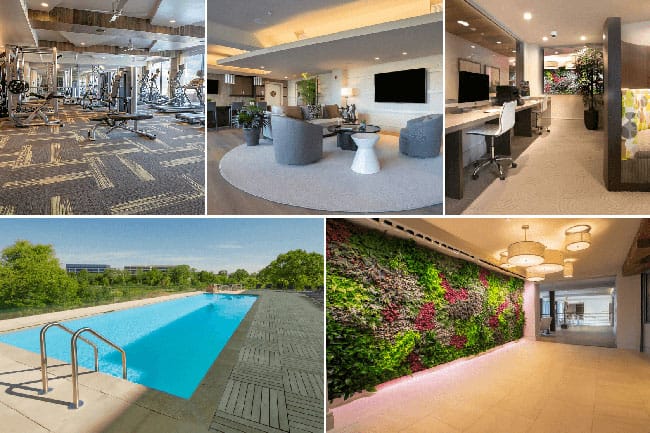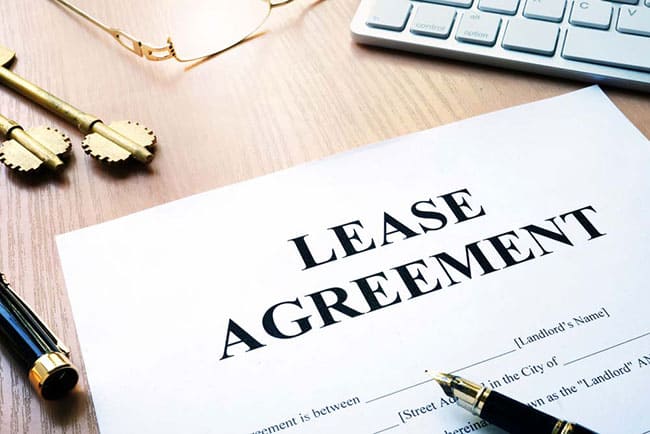Expatriates coming to Vietnam, especially Hanoi often have to choose not only what type of property to rent but also the rental time. One has to make up their mind whether they want it to be long-term or short-term rentals. Both types have their pros and cons that expats should definitely pay attention to in order to have the best living experience in terms of Hanoi housing.
With urbanization rising rapidly, there is ever-higher demand for rental accommodation in the cities, and a capital city such as Hanoi benefits greatly from long-term accommodation demand. This is because there are more and more people, especially expats choose Hanoi as their settling place, leading to an increasing number of long-term rents. If you take this capital city, for example, you can see that most of the contracts are 3 years or more, which is quite a long time. On the contrary, the short-term rentals are of serviced apartments or studio apartments for people on business trips. These are provided with a lot higher prices when compared to those of long-term.

Hanoi housing: Long-term rental for best amenities
About short-term rental, it allows expats to rent from a day to eight months. Rentals could be for holiday or business purposes, and there are also gap rentals where people come for a period of time on a work contract or move to an area and rent for a period of time before deciding where and what to buy. Although the returns on short-term rentals tend to be much higher, this type of rental does come with more risks and requires more time commitment. About long-term rental, the price can be a little lower when compared with the short-term but the service can be not as good. In return, when renting long-term, you can fit in the community and neighborhood, this can be of great advantage for your children. See some templates of the lease contract in Vietnam here: https://alphahousing.vn/lease-contract/
With the common thought of people about long-term and short-term rent in Hanoi, expats should choose to rent apartments with a contract of about 1 year or more. If do so, expats can receive huge benefits in terms of rent and service fees. With a rent of one year or more, you can surely negotiate with the landlord to minimize the rent for the whole year. If you have the help of a real estate agent, you can reduce this cost by 5%, a pretty high number compared to the original price you have to pay. In addition, long-term tenants may gain more landlords’ trust, and may only have to pay a deposit less than specified (normally a landlord makes a tenant to deposit one month’s rent).

Security Deposit – something you must have when renting apartments in Hanoi
Moreover, in Hanoi, there are more rental housing projects for long-term stays than short-term ones. Short-term rental locations are often more suitable for tourists with large budgets than those who want to settle in Hanoi. If the short-term rental is for tourists, it will only be in the central districts such as Hoan Kiem, Ba Dinh, Dong Da with exorbitant prices, which is not beneficial for renters because of frequent traffic jams. In addition, the hustle and bustle of Hanoi streets are not at all favorable things for expats in Vietnam.
One of the most popular long-term rental locations in Indochina Plaza. The building is located on Xuan Thuy street in Cau Giay district, near the intersection with Ho Tung Mau street and Pham Hung street. This is a very good place for traffic because from here we can move to the large office buildings, the national convention center and the internal airport very quickly.
In general, short-term and long-term leasing is quite popular in Hanoi but for expats in this city, long-term Hanoi apartments for rent is much more beneficial in terms of finance and community.